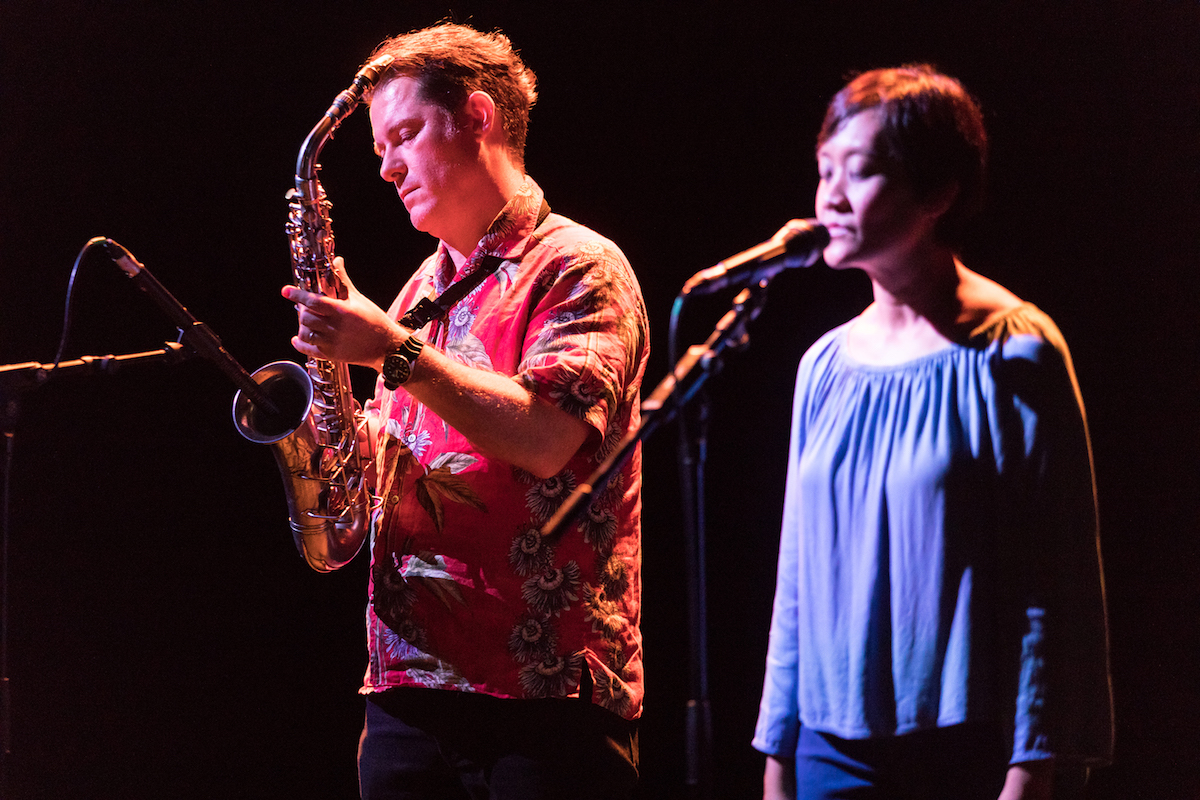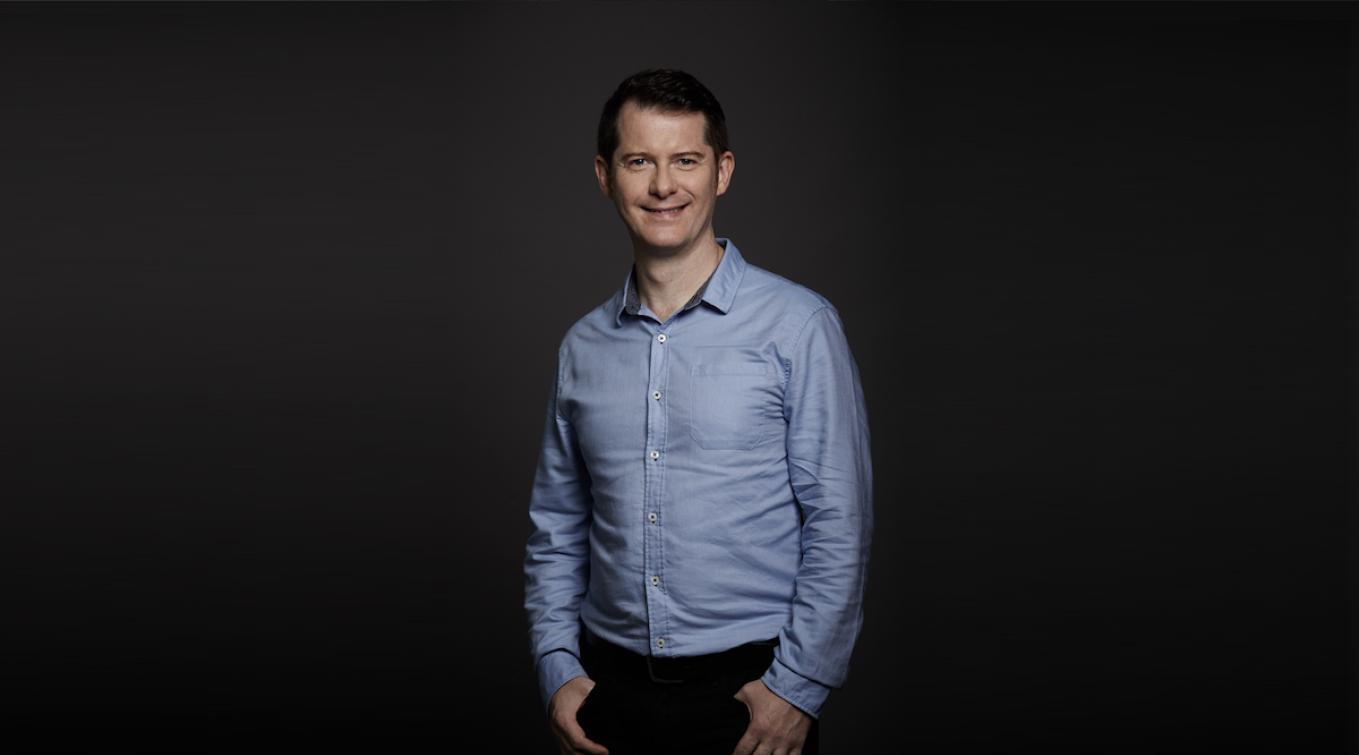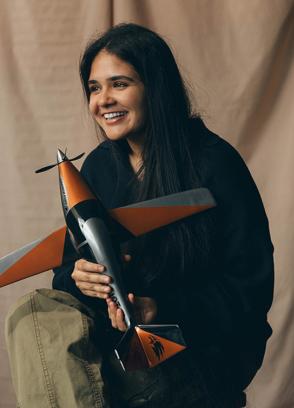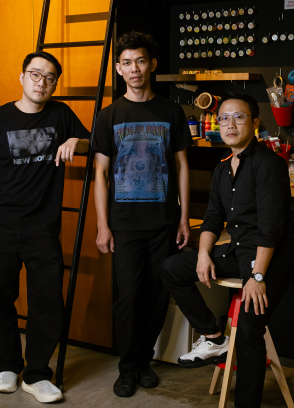24 May 2019
Education Minister Ong Ye Kung recently announced that the GCE ‘O’ Level Music syllabus will now include the study of jazz, popular music, and music in multimedia, on top of the existing studies on Asian and Western classical music. This has been touted as an exciting and timely development for music education that can "better cater to students' diverse musical interests and backgrounds”, enabling students to be “able to draw more connections and links from a richer spread of musical contexts through listening, creating and performing.”
Dr Timothy O’Dwyer, Head of LASALLE’s School of Contemporary Music has been a part of the consultative process with the Ministry of Education (MOE) since 2016. A veteran musician who has performed at important jazz festivals in Australia, South East Asia, Japan, and Europe, Tim was also responsible for establishing at LASALLE the first jazz course at tertiary level in Singapore in 2005.
We asked Tim to weigh in on these developments in music education and their implications for the local jazz scene.
What are your thoughts on the recently announced decision to include jazz in the ‘O’ Level syllabus?
I am very pleased with the initiative. I think the more people are exposed to this music earlier in their lives, the more chance it will become more acceptable as a possible career path, and importantly as an early tool to develop future audiences for the art form.
What input did you offer in the process?
I was consulted from the beginning of the process back in 2016 and I have been closely involved with the development of the ‘O’ Level Jazz Syllabus for the past 3 years.
We discussed repertoire, style, ways of listening, improvisation, form, swing, and who we would focus on in terms of jazz artists. There was a lot of discussion around many aspects surrounding the idiom between the MOE and myself.
How has your experience running the jazz specialism in the School of Contemporary Music (SoCM) informed this process?
I have been delivering the Jazz History course at SoCM for many years, and as the ‘O’ Level programme is contextual by nature, my knowledge about the history of jazz was vital to the process.
In addition, I have conducted many workshops for MOE teachers to prepare them to deliver the new module; I practically demonstrated the concepts in the syllabus, and also showed them methods and approaches for delivering the jazz module.
Music teachers in Singapore tend to be classically trained, and it has been an involved and enriching process working with them to build deeper knowledge and familiarity with improvisational music. There has been great progress, a lot of enthusiasm from teachers and also from MOE—it has been a very positive process.
 Tim performing at The CHOPPA Experimental Music Festival, 2018
Tim performing at The CHOPPA Experimental Music Festival, 2018
What are your thoughts on the state of jazz in Singapore?
The scene is still in a developing phase, but in fact jazz has been practised here since the 1920s. There are really positive signs at the moment in terms of seeing more and more young people pick up the art form as musicians. As the jazz scene matures, I hope to see more regular venues and performing opportunities for jazz musicians moving forward.
Since we established the jazz specialism at LASALLE in 2005, I think we have certainly stabilised the pedagogy of the practice and we have had consistently good graduates over the past 14 years going out and contributing to the jazz community. We need to keep developing the audience for the music also and growing the scene from this basis.
How is SoCM further contributing to the jazz scene?
Apart from training musicians and establishing some very good standards of jazz musicianship for over a decade, we are increasingly getting involved in providing more and more opportunities for our graduates to perform live including organising some pop-up spaces for the performance of jazz and original music and also starting a collaboration with our own Lowercase cafe [at LASALLE] to present regular jazz with the help of some of the students who will be doing their internships.




